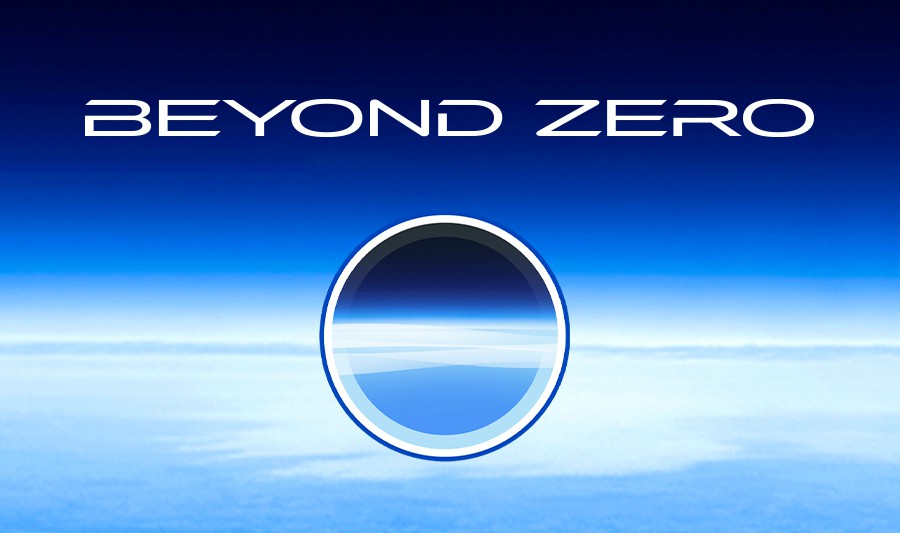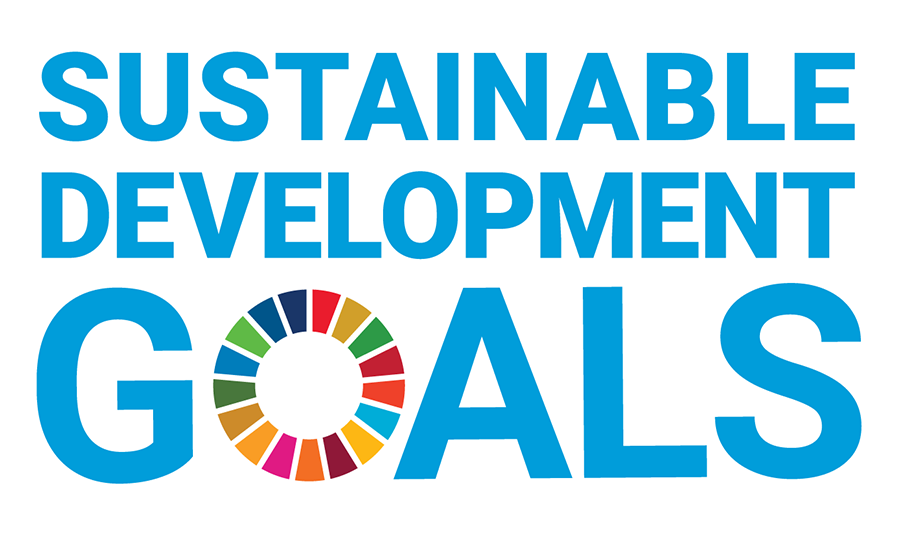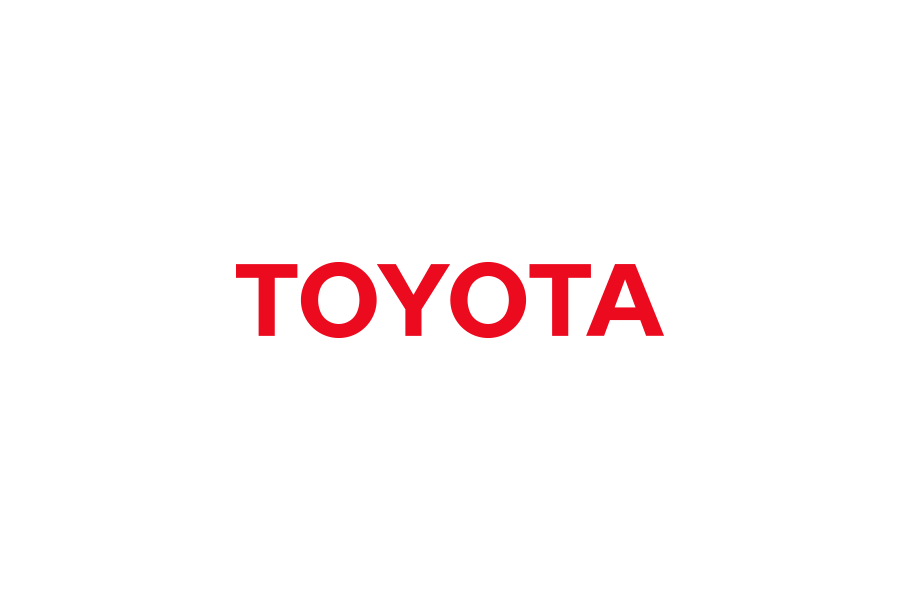Oct. 12, 2021
AIST, Toyota, and Toyota Central R&D Labs to Consider Joint Research on Advanced Energy and Environment Technologies
Toyota Motor Corporation
Toyota Central R&D Labs., Inc.
About the joint research on advanced energy and environment technologies
The three parties believe that providing a choice of energy forms and usage methods holds the key to achieving carbon neutrality, which entails achieving net-zero CO2 emissions for the entire life cycle of a product in a recycling-based society―from its production, transportation, and use―followed by ensuring that it is recycled.
They will consider wide-ranging lifestyle and corporate perspectives on central questions: what type of energy is being used, who is using it, where is it being used, how much is being used, and in what manner is it being used?
The goal is to provide choices, by examining them broadly from the perspective of consumers and companies, and ensure technologies are implemented across society in the future.
The National Institute of Advanced Industrial Science and Technology (AIST), Toyota Motor Corporation (Toyota), and Toyota Central R&D Labs., Inc. (Toyota CRDL) announced today that they have commenced discussions on joint research aimed at accelerating development and implementing advanced technologies in the field of energy and the environment.
The three parties each possess a strong desire to contribute to the realization of carbon neutrality; With a focus on energy, which plays an important role in reducing volumes of CO2 emissions, they will seek to ensure that society has access to energy that is environmentally friendly and that can be used perpetually with peace of mind.
Carbon neutrality means achieving net-zero CO2 emissions for the entire life cycle of a product in a recycling-based society―from its production, transportation, and use―followed by ensuring that it is recycled. Critical questions to achieving carbon neutrality include: what type of energy is being used, who is using it, where is it being used, how much is being used, and in what manner is it being used?
Since energy conditions differ according to country and region, it follows that net-zero CO2 emissions can be achieved in different ways. Rather than limiting options to one form of energy or a single technology, the three parties will research ways to expand choice in the energy forms and technologies available, which cater better to individual lifestyles and different corporate activities.
More specifically, AIST, Toyota, and Toyota CRDL, will discuss joint research on the following four topics:
- Establishing energy scenarios for achieving carbon neutrality
Using energy models developed by AIST, the three parties will analyze the impact on energy use systems occasioned by future trends in energy-related technologies, energy environment policies, and other societal changes. Considering various aspects such as predicted clean energy consumption, implementation of new technologies, impact on the environment, and costs, they will develop energy scenarios to achieve carbon neutrality.
- Establishing energy urban networks that realize both carbon neutrality and economic rationality
The three parties will propose a carbon neutral and cost-minimizing optimal urban energy structure that utilize renewable energies, and will also propose high-quality yet affordable energy infrastructure that makes use of electrification technologies developed for automobiles.
- Developing high-efficiency in-vehicle solar power generation systems
The three parties will seek to popularize vehicles equipped with solar power generation systems, which convert light energy into electrical energy. To this end, they will pursue improvements in conversion efficiency and reductions in cost for both solar batteries and solar power generation systems.
- Developing elemental technologies for the production, transportation, and use of hydrogen
The three parties will develop elemental technologies capable of resolving various issues related to the realization of a hydrogen society: technologies to produce hydrogen, technologies to transport hydrogen safely and at low costs (hydrogen carriers), and technologies to use hydrogen as energy.
AIST is one of the largest national research institutions in Japan. At its Fukushima Renewable Energy Institute and Global Zero Emission Research Center, it carries out advanced research aimed at the realization of carbon neutrality, including research into solar power and other forms of renewable energy, and into the production and use of hydrogen.
Toyota and Toyota CRDL wish to see advanced technologies aimed at carbon neutrality implemented across society at the earliest opportunity. They believe that collaboration between industrial, public, and academic sectors is crucial, and for this reason they are exploring joint research with AIST.
Going forward, AIST, Toyota, and Toyota CRDL, intend to work closely together to explore, from a variety of different perspectives, the possibility of various technologies capable of contributing to the realization of carbon neutrality by 2050. At the same time, they will openly consider collaborating with other like-minded partners, and seek to ensure that the results of their joint research come to be implemented, widely adopted, and established in society.
"Achieving zero, and adding new value beyond it"
As part of efforts to pass our beautiful "Home Planet" to the next generation, Toyota has identified and is helping to solve issues faced by individuals and overall society, which Toyota calls "Achieving Zero," hoping to help reduce the negative impacts caused by these issues to people and the environment to zero. Additionally, Toyota is also looking "Beyond Zero" to create and provide greater value by continuing to diligently seek ways to improve lives and society for the future.
- About Beyond Zero
- https://global.toyota/en/mobility/beyond-zero/
Toyota Motor Corporation works to develop and manufacture innovative, safe and high-quality products and services that create happiness by providing mobility for all. We believe that true achievement comes from supporting our customers, partners, employees, and the communities in which we operate. Since our founding over 80 years ago in 1937, we have applied our Guiding Principles in pursuit of a safer, greener and more inclusive society. Today, as we transform into a mobility company developing connected, automated, shared and electrified technologies, we also remain true to our Guiding Principles and many of the United Nations' Sustainable Development Goals to help realize an ever-better world, where everyone is free to move.
- SDGs Initiatives
- https://global.toyota/en/sustainability/sdgs/






